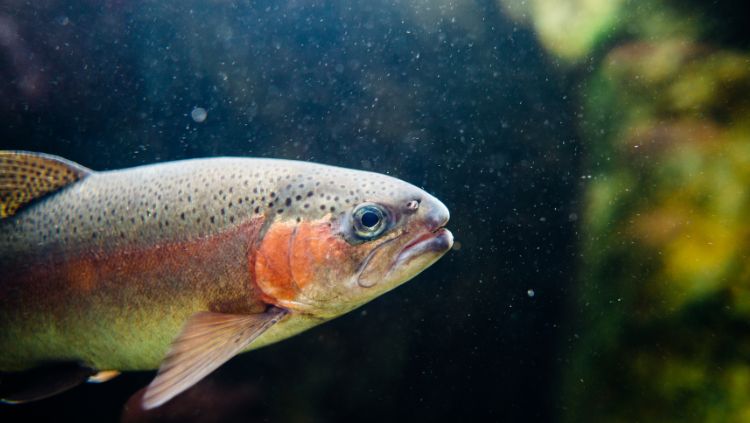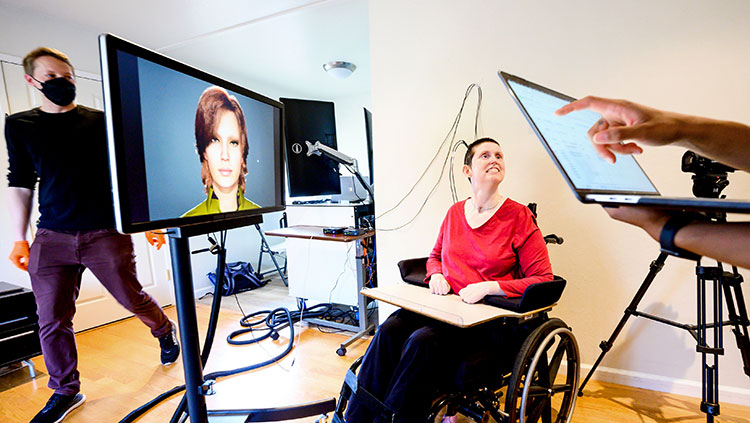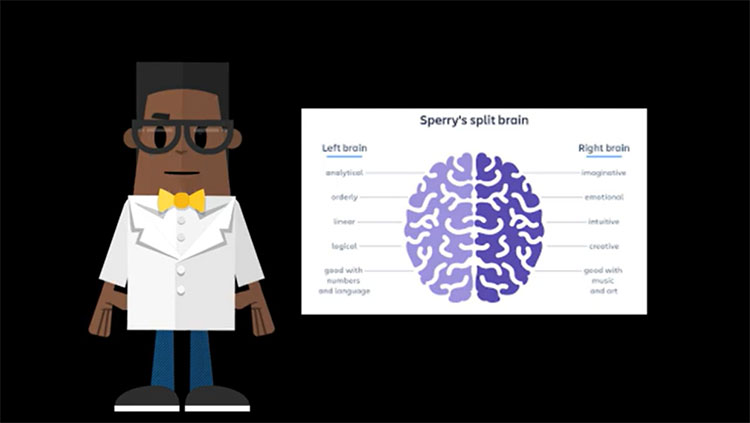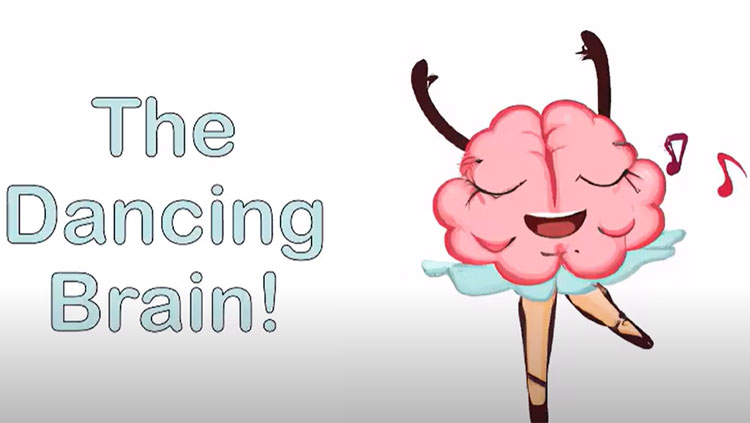Does having a bigger brain make you smarter?
- Published5 Nov 2014
- Reviewed5 Nov 2014
- Author Alexis Wnuk
- Source BrainFacts/SfN
FALSE
Having a bigger brain does not guarantee more cognitive power. Although many believe humans are the smartest species on the planet, our brains — which weigh roughly three pounds — are dwarfed by other animals. For instance, the elephant brain weighs about nine pounds; the whale brain can weigh up to 20 pounds.
It’s not all that surprising that the bigger an animal's body, the bigger its brain might be. However, when scientists rank mammals by their brain size relative to their body size, it's the tree shrew, and not humans, that come out on top. The brain of the tree shrew accounts for 10 percent of its body mass, while the human brain accounts for roughly two percent of body mass.
What then makes the human brain special? Most scientists agree that we owe our unique capabilities to the complexity of the cerebral cortex, the outer layer of the brain that is responsible for awareness, planning, and reasoning. With 16 billion neurons, the human cerebral cortex has the most neurons of any in the animal kingdom, and each neuron can form tens of thousands of synapses with other neurons. These neurons and their connections are supported by specialized cells called glia, which are also believed to play an important role in human cognition.
CONTENT PROVIDED BY
BrainFacts/SfN
References
Chittka L, Niven J. Are bigger brains better? Current Biology. 19: R995-R1008 (2009).
Fields RD, Araque A, Johansen-Berg H, Lim S, Lynch G, et al. Glial biology in learning and cognition. The Neuroscientist. 20(5): 426-431 (2014).
Hofman MA. Evolution of the human brain: when bigger is better. Frontiers in Neuroanatomy. 8(15) (2014).
Pakkenberg B, Pelviga D, Marnera L, Bundgaarda MJ, Gundersen HJG, et al. Aging and the human neocortex. Experimental Gerontology. 38(1-2): 95-99 (2003).
Roth G, Dicke U. Evolution of the brain and intelligence. Trends in Cognitive Sciences. 9(5): 250-257 (2005).
Also In Anatomy
Trending
Popular articles on BrainFacts.org


















